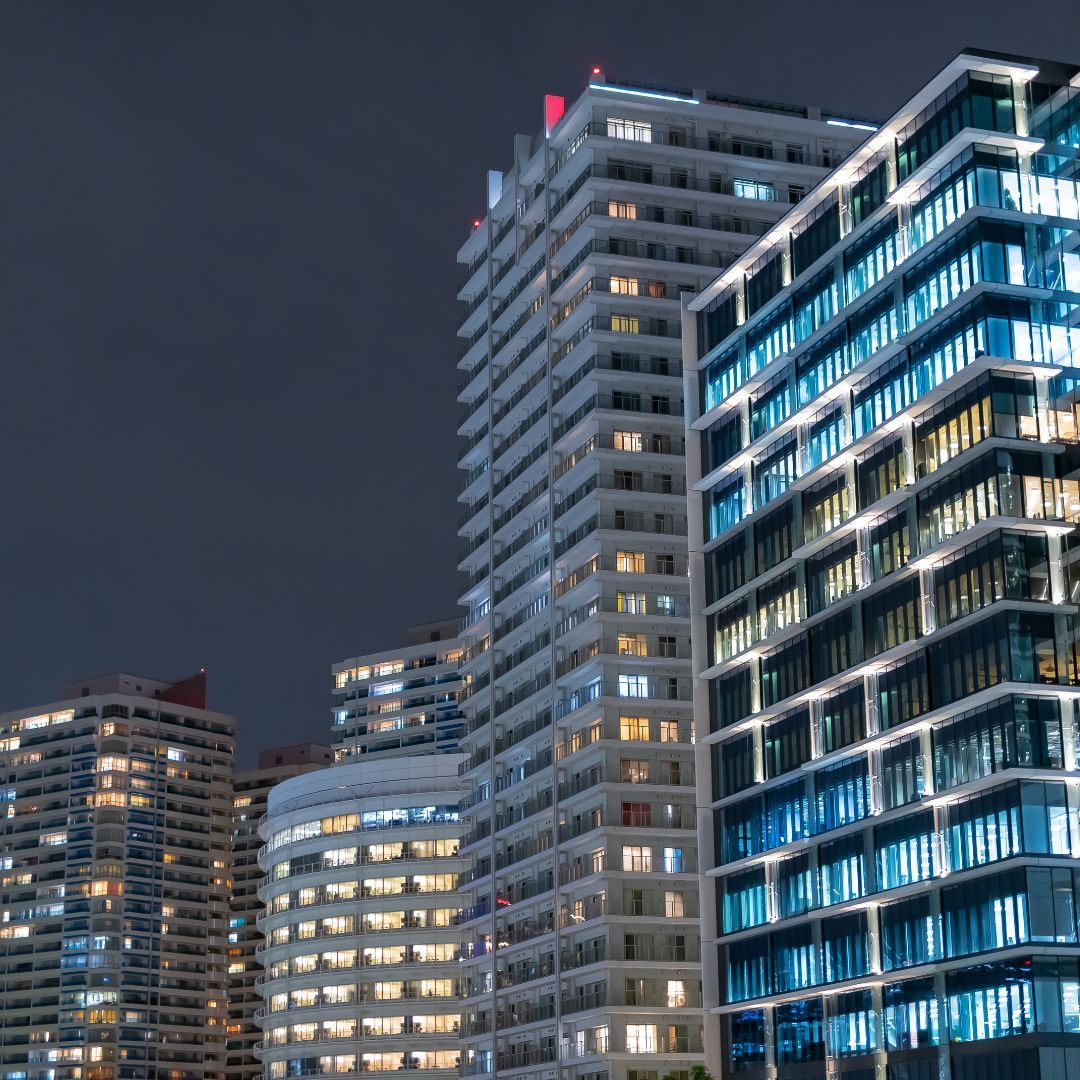Liquor License Violations: How They Can Impact Your Insurance and Business Reputation
See How We're Different
or call us: 303-834-1001
Operating a business that serves alcohol comes with a unique set of responsibilities and challenges. Among these is the critical need to maintain compliance with liquor license regulations. Violations of these regulations can have far-reaching consequences, affecting not only your legal standing but also your insurance premiums and the reputation of your business. Understanding the implications of liquor license violations is essential for any business owner in the hospitality industry.
Understanding Liquor License Violations
Liquor license violations occur when a business fails to adhere to the laws and regulations governing the sale and distribution of alcohol. These laws vary by state and locality, but common violations include serving alcohol to minors, exceeding permitted hours of sale, and failing to maintain proper records. Each violation can result in fines, suspensions, or even revocation of the liquor license.
It's important for business owners to familiarize themselves with the specific regulations in their area. Regular training for staff on responsible alcohol service and compliance can help prevent violations. Additionally, keeping up with changes in local laws can ensure that your business remains in compliance and avoids unnecessary penalties.
Violations can be reported by law enforcement, customers, or even employees. Once reported, they are typically investigated by the local licensing authority. The severity of the violation will determine the level of penalty imposed, which can range from a warning to a complete shutdown of operations.
The Impact on Insurance
Increased Premiums
One of the most immediate impacts of a liquor license violation is the potential increase in insurance premiums. Insurance companies view violations as indicators of increased risk, which can lead to higher costs for liability coverage. This is particularly true if the violation involved serving alcohol to minors or resulted in an incident that led to a claim.
Businesses with a history of violations may find it difficult to secure affordable insurance coverage. In some cases, insurers may refuse to renew a policy, leaving the business owner scrambling to find alternative coverage. This can be a significant financial burden, especially for small businesses operating on tight margins.
Policy Cancellations
In severe cases, a liquor license violation can lead to the cancellation of an insurance policy. This is especially true if the violation is deemed to be egregious or if there is a pattern of repeated offenses. Without insurance, a business is exposed to significant financial risk, including potential lawsuits and claims that could arise from incidents involving alcohol.
To mitigate this risk, business owners should work closely with their insurance providers to understand the terms of their policy and the potential consequences of a violation. Proactive measures, such as implementing strict compliance protocols and conducting regular staff training, can help demonstrate a commitment to responsible alcohol service and reduce the likelihood of policy cancellation.
Reputation and Customer Trust
Public Perception
A liquor license violation can have a detrimental effect on a business's reputation. News of a violation can spread quickly, particularly in today's digital age where information is readily accessible online. Negative publicity can deter customers from patronizing the establishment, leading to a decline in sales and revenue.
Maintaining a positive public image is crucial for businesses in the hospitality industry, where competition is fierce and customer loyalty is key. A single violation can undo years of hard work in building a reputable brand, making it essential for business owners to prioritize compliance and address any issues swiftly and transparently.
Impact on Customer Trust
Trust is a fundamental component of any successful business relationship. When customers learn of a liquor license violation, their trust in the establishment may be shaken. They may question the business's commitment to safety and responsible service, leading them to seek alternatives where they feel more secure.
Rebuilding trust after a violation requires a concerted effort from the business owner and staff. Open communication, transparency about corrective actions taken, and a demonstrated commitment to compliance can help restore customer confidence. Engaging with customers through social media and other channels can also be an effective way to address concerns and reinforce positive messaging.
Preventing Liquor License Violations
Staff Training and Education
One of the most effective ways to prevent liquor license violations is through comprehensive staff training and education. Employees should be well-versed in the laws and regulations governing alcohol service and understand the consequences of non-compliance. Regular training sessions can help reinforce this knowledge and ensure that staff are equipped to handle challenging situations, such as identifying fake IDs or managing intoxicated patrons.
Investing in training programs not only helps prevent violations but also demonstrates a commitment to responsible service. This can be a valuable asset in building a positive reputation and fostering customer trust.
Implementing Strict Policies
Establishing and enforcing strict policies regarding alcohol service is another key strategy for preventing violations. This includes setting clear guidelines for checking identification, monitoring alcohol consumption, and managing disruptive behavior. Policies should be communicated clearly to all staff members and reinforced through regular meetings and updates.
Having a robust set of policies in place can also serve as a defense in the event of a violation. Demonstrating that the business has taken proactive steps to ensure compliance can mitigate penalties and help protect the business's reputation.
Conclusion
Liquor license violations can have significant consequences for a business, impacting everything from insurance premiums to customer trust. By understanding the potential repercussions and taking proactive measures to prevent violations, business owners can protect their operations and maintain a positive reputation in the community. Regular training, strict policy enforcement, and a commitment to compliance are essential components of a successful strategy for managing the risks associated with serving alcohol.
Ultimately, the key to avoiding liquor license violations lies in vigilance and a proactive approach to compliance. By prioritizing these efforts, business owners can safeguard their business and ensure long-term success in the competitive hospitality industry.













